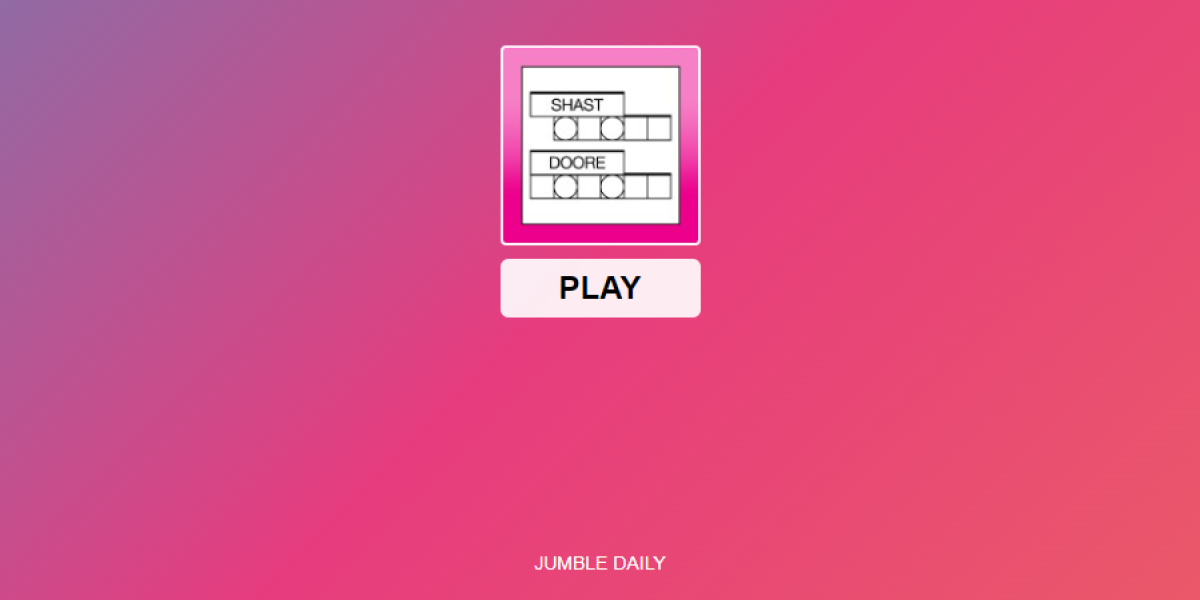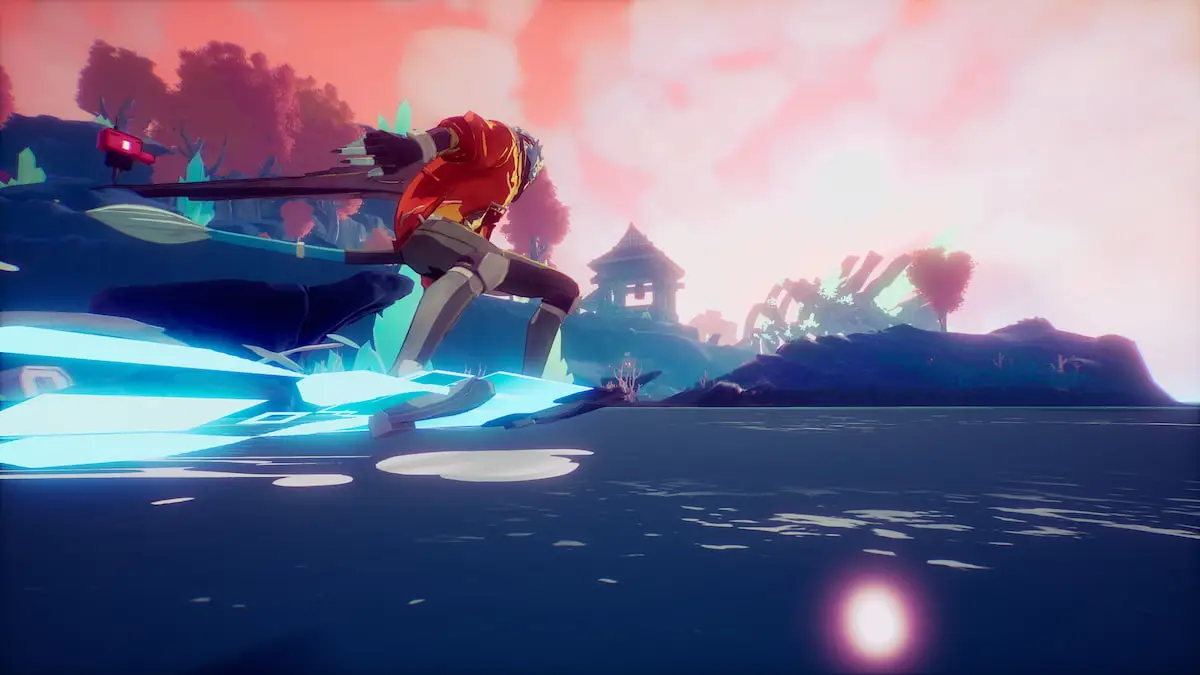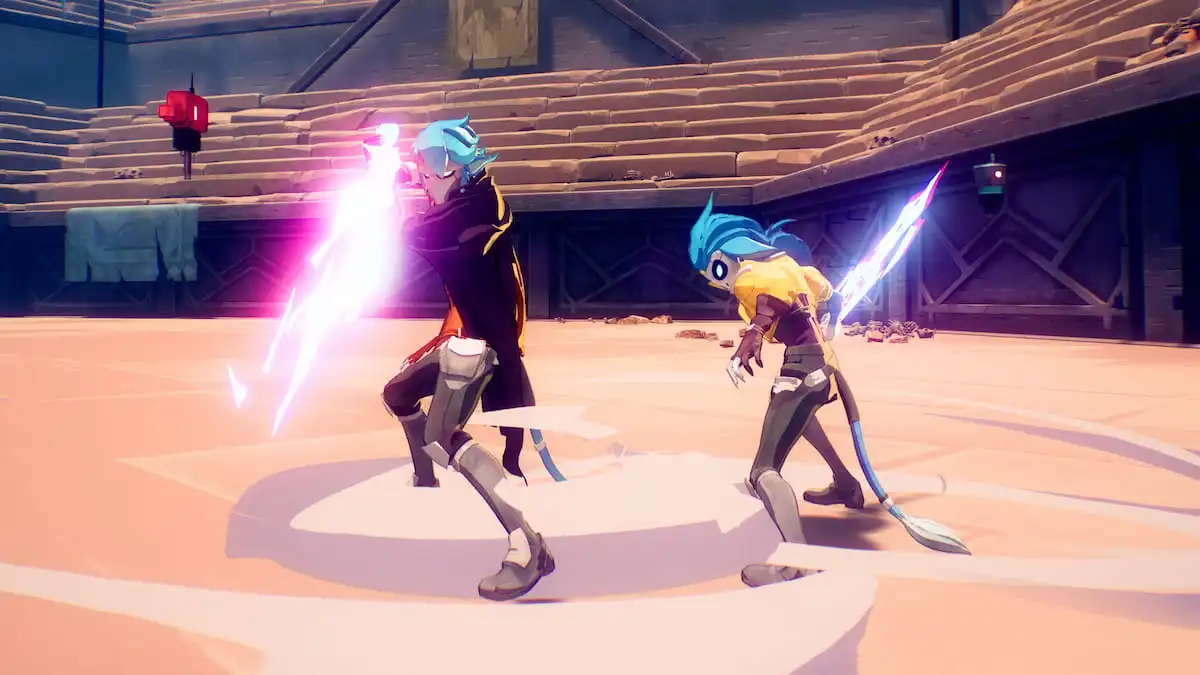In esports, success is a fleeting thing. Sudden roster swaps can derail the expectations of an entire fan base, particularly when your star is replaced by a virtual unknown. Yes, I’m talking about Evil Geniuses’ Dota squad and no, fans shouldn’t be worried.
With the departure of Artour “Arteezy” Babaev and Ludwig “Zai” Wahlberg, fans of the boys in blue are understandably nervous about their team’s chances. But what skeptics don’t realize is that adding Syed “Suma1l” Hassan and Kurtis “Aui 2000” Ling is exactly what the doctor ordered for the ailing North American powerhouse.
Evil Geniuses is, more than any other team in the Dota world, led by a strong, central personality. Peter “PPD” Dager is more than just the team’s drafter. He’s the shot-caller, strategic thinker, and ultimate arbiter of what he and his compatriots can and will accomplish when the horn blows.
Dager’s central principle, from the inception of SADBOYS, was to use strong support play and creative drafts to put EG in the driver’s seat—Babaev was the engine and Wahlberg the reliable transmission. This formula worked well for quite some time, but when any piece of this machine fails to do its job, the whole assembly grinds to a halt.
This is exactly what happened in the twilight months before Babaev and Wahlberg packed their bags.
If you kept an eye on the net worth chart during an Evil Geniuses victory, you saw one thing: the team’s players dominated the top slots. Normally, this is a good thing, particularly when Wahlberg piloted his trademark Enigma or Wraith King. As long as they won their lanes and Wahlberg cleaned out the jungle, Evil Geniuses players grew richer, more experienced, and more potent as the game progressed.
Unfortunately, as patches changed and opponents figured out Evil Geniuses’s style, Wahlberg was doomed to take a fall. Stealing jungle experience and gold from your mid or safe-laner is fine, as long as you’re winning. When your carries are forced to dip into your reserves to carve out a victory, suddenly those farming supports become less reliable, less potent, and less consistent.
After a while, Dager changed the gameplan. In his last month-or-so with the squad, The captain drafted more conventional supports for Wahlberg, forcing him to play a true four role instead of his unique quasi-three. Wahlberg did not make the adjustment well, regularly coughing up routine deaths while warding and providing insufficient support in skirmishes without a game-changing ultimate or a massive pool of damage from which to draw.
This, of course, is not the whole story. Babaev, while gifted beyond debate, suffered from a shrinking pool of heroes in his final weeks with the team, relying on micro-intensive hard-carries to secure victory, a role normally filled in the safe-lane. As squads learned that aggressive support play and suffocating map pressure shut down the Evil Geniuses game plan, Babaev was left to struggle and, eventually, sink.
Obviously, a new day calls for new changes, and if the D2L Season 5 finale in Vegas showed us anything, it’s that EG has all the pieces needed to embrace their innovative roots once more.
Wielding six different support heroes in eight games, Ling was a breath of fresh air for the Boys in Blue, even despite their third place finish. In particular, Ling’s signature Chen and Visage gave the support role something it lacked in the Wahlberg era: reliable early versatility. In other games, Ling played the true-four role with aplomb, providing clutch utility and letting carries grow to insurmountable levels without feeding unnecessary deaths.
But the real question mark headed into Vegas was Hassan.
Despite all of Babaev’s hype, Hassan already looks to be the appropriate successor to the 1/2 spot. In game three of the team’s series against CDEC, Hassan turned in a nine-kill, nine-assist, four-death performance on Invoker after receiving no early advantages. More importantly, he did so on a Quas/Wex Invoker, leaving the lion’s share of available farm for Clinton “Fear” Loomis’s Drow Ranger and fueling the take-over carry to a roll-over victory.
However, the young player clearly has some growing to do. In what appeared to be a won game against LV Gaming at the beginning of the tournament, Hassan’s seven-kill, three-assist, two-death performance turned on its head as his nerves got the better of his mechanics. Poor positioning as LV took the second top-lane tower handed a hefty bounty to the enemy team while a subsequent buyback and errant Fire Remnant activation to the bottom lane further penalized the Western side. Shortly thereafter, Hassan became a liability when poor mana management and a hasty Roshan attempt turned his Ember Spirit into an impotent target.
Still, while this criticism sounds harsh, each of these mistakes can be fixed (and considering Hassan’s age, he has plenty of time to fix them).
The hard fact is, Hassan played seven different heroes in eight games, demonstrating pronounced flexibility in the carry role. With Ling handing in both hard support and support carry performances with comfortable regularity and a new, more versatile mid-laner committing to Dager’s unconventional game plans, Wahlberg and Babaev’s departure looks less like a disaster and more like a new opportunity for North America’s finest to once again exhibit the style that put them on the map in the first place.
Image via Valve






Published: Jan 9, 2015 06:04 pm